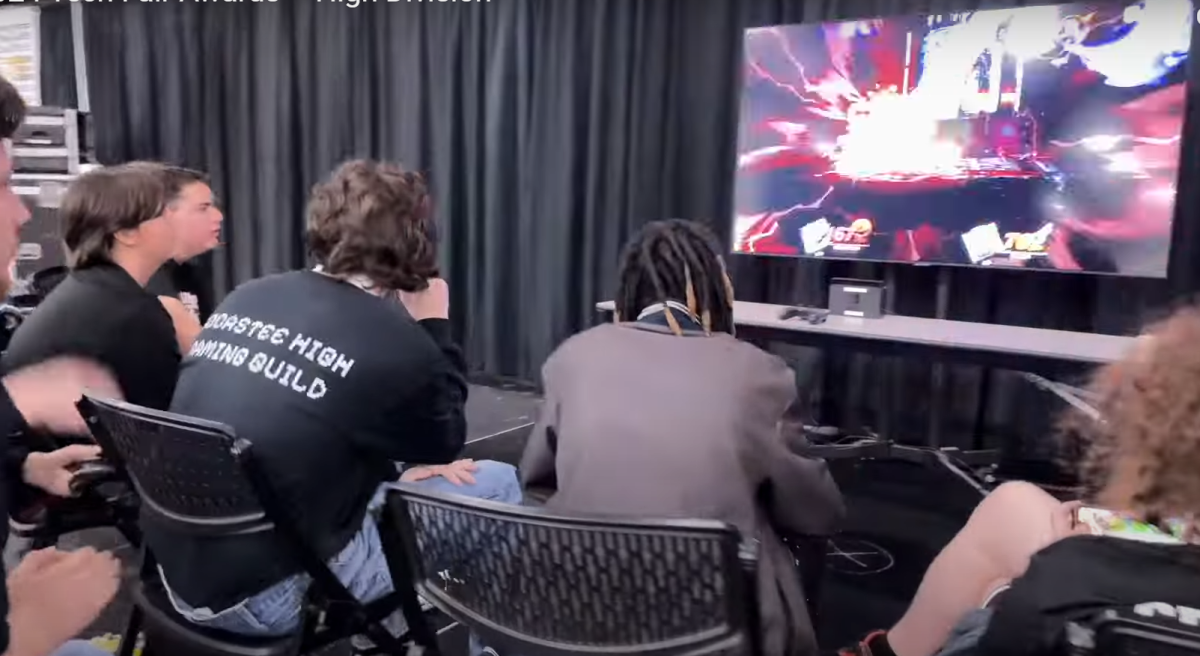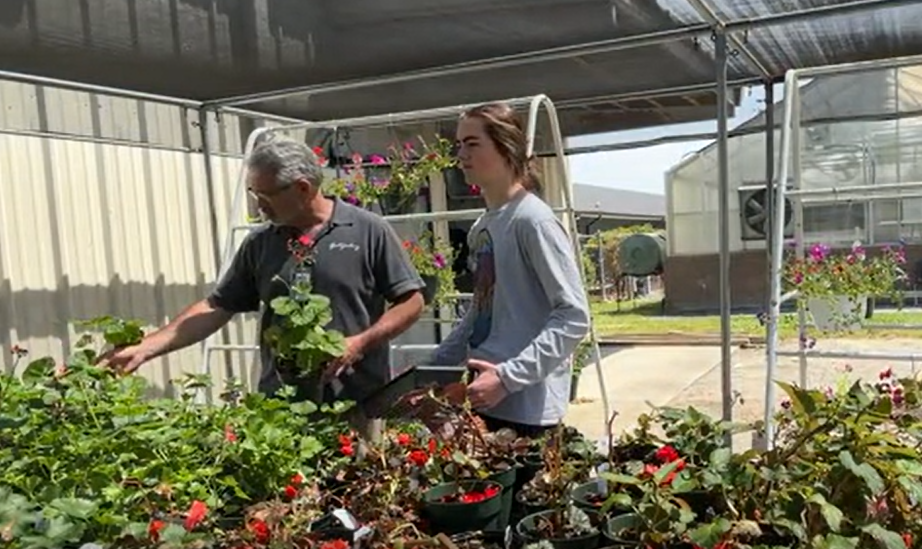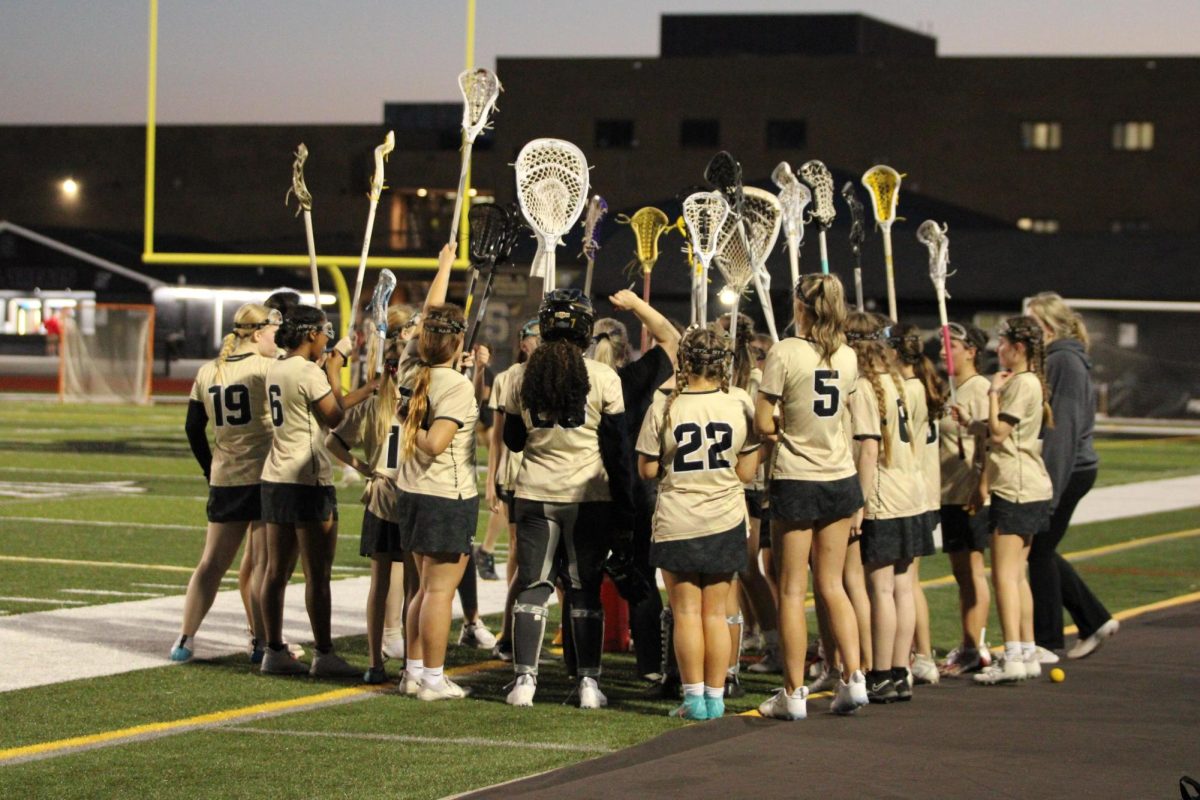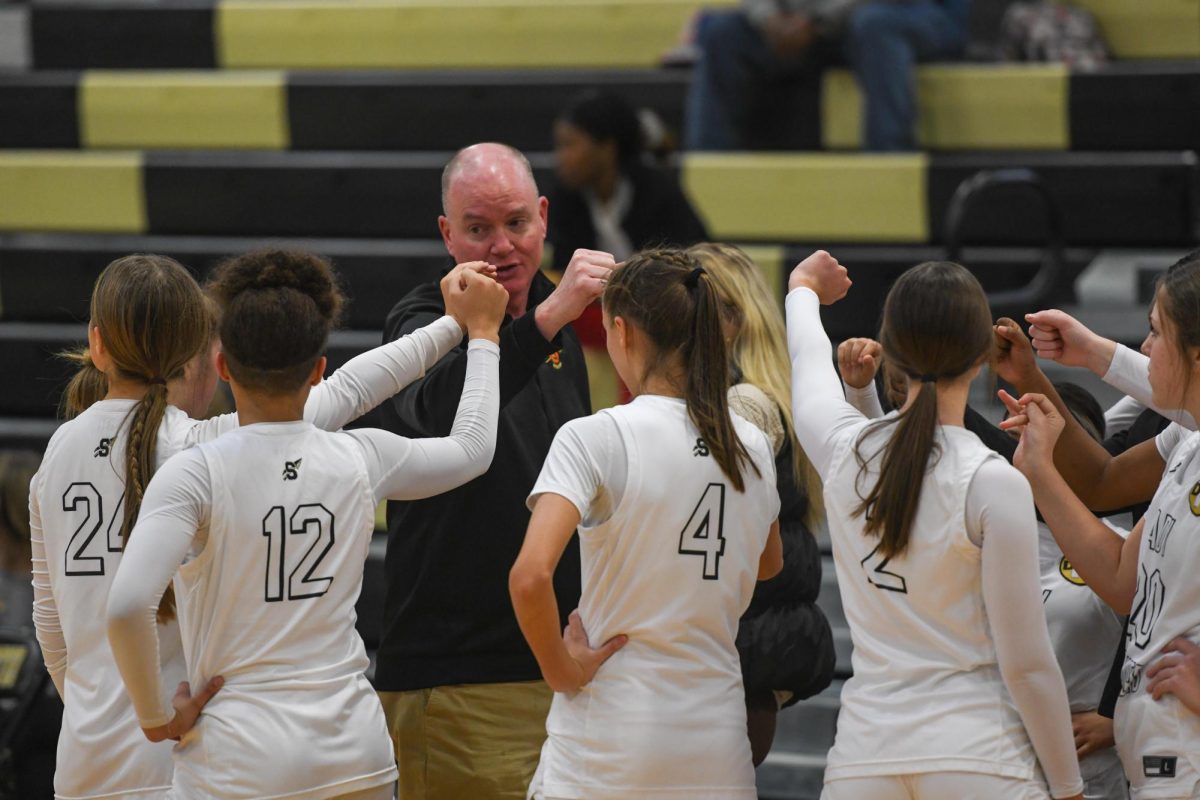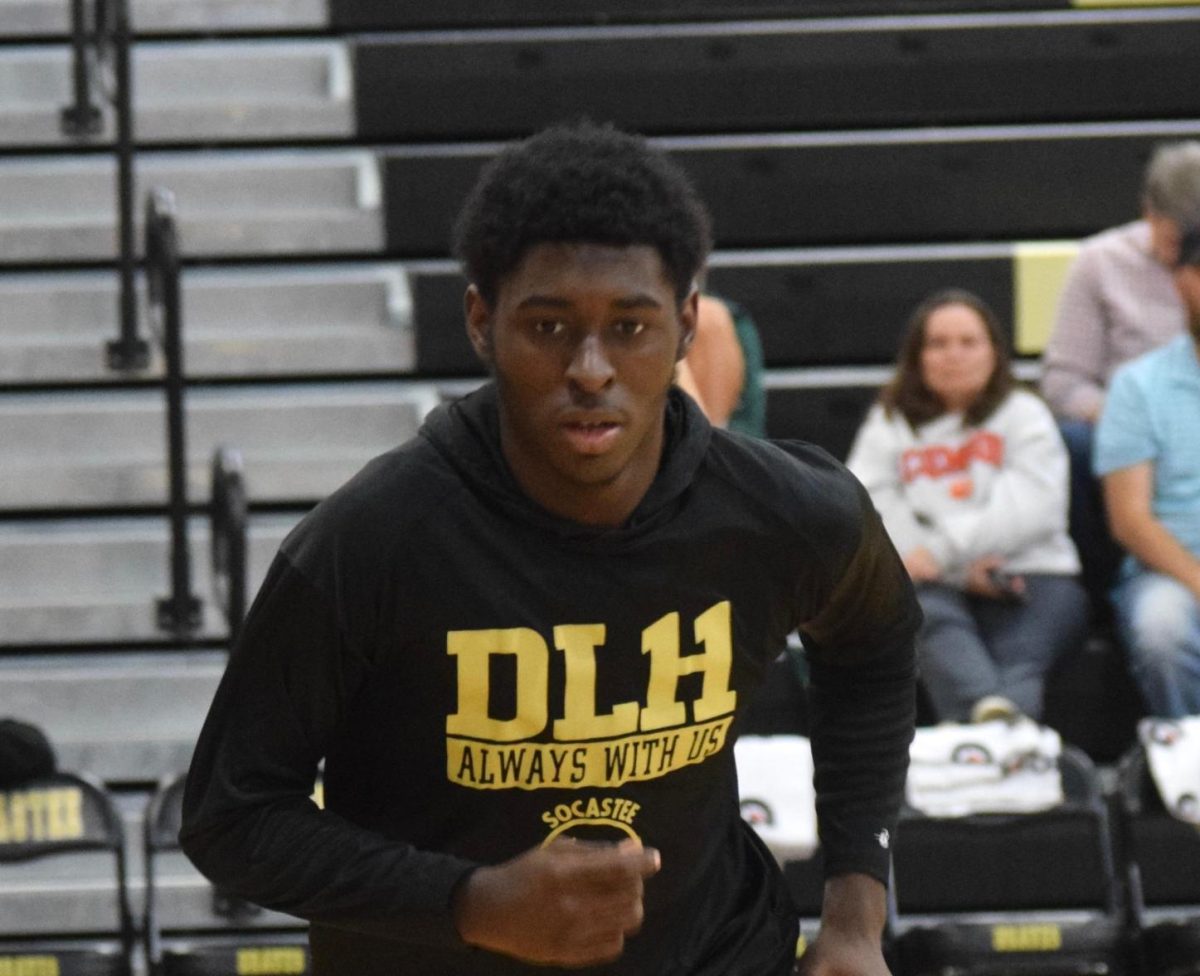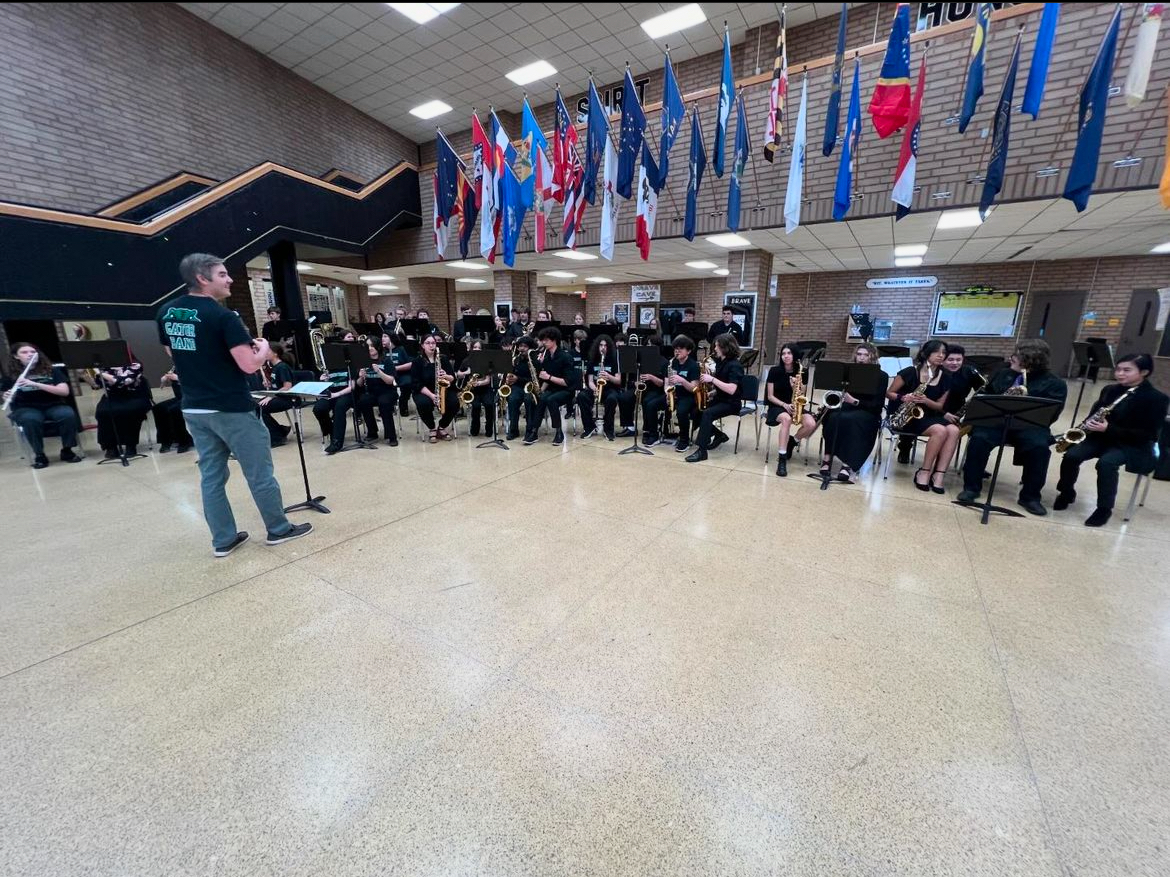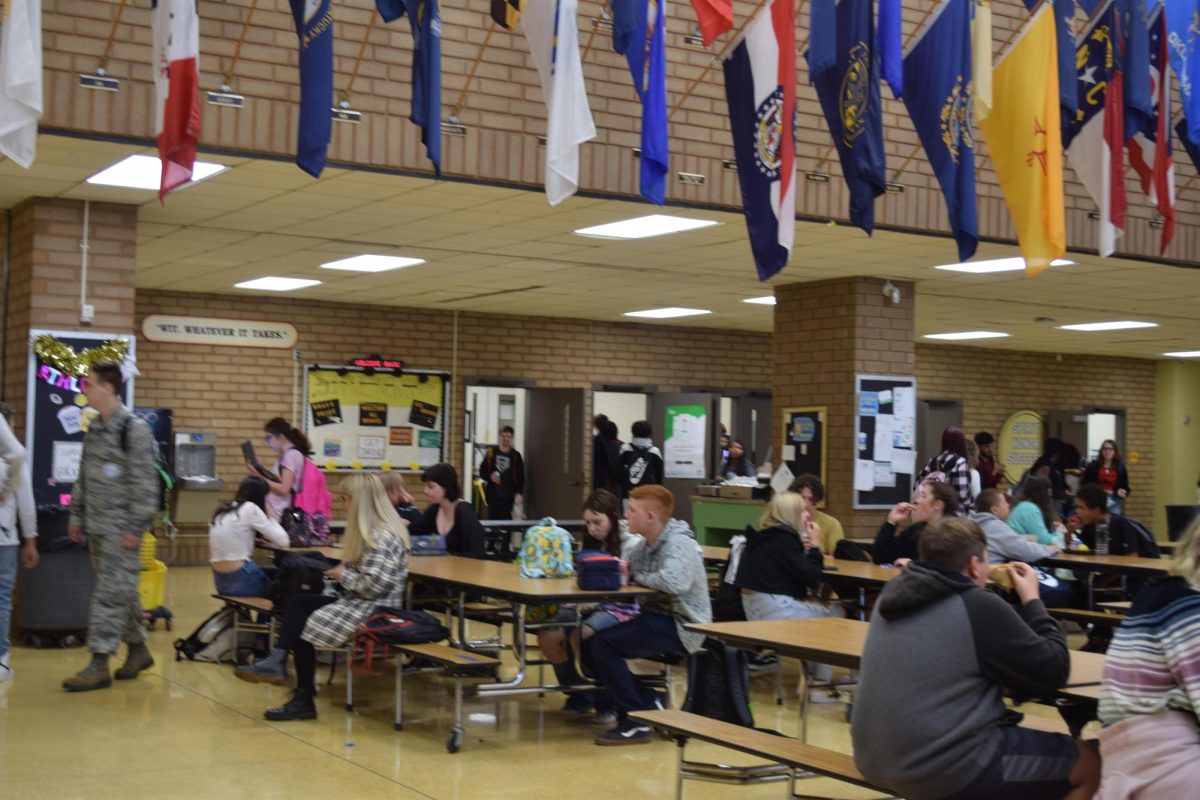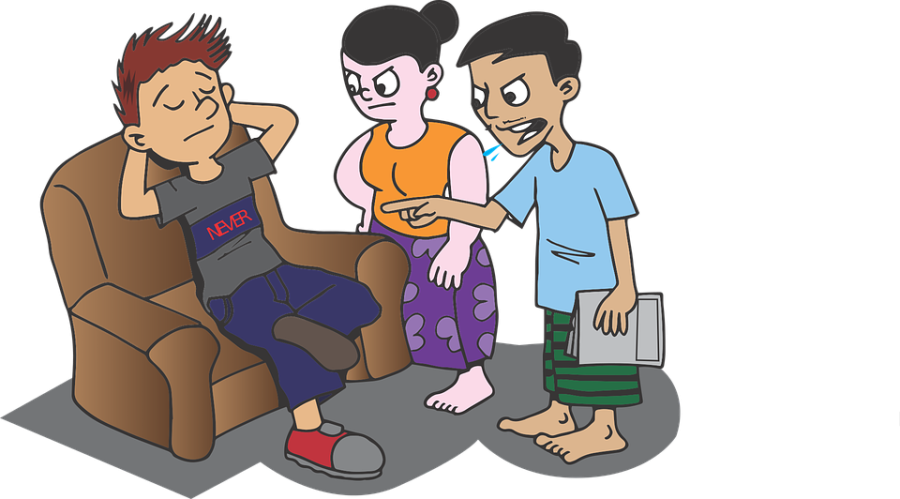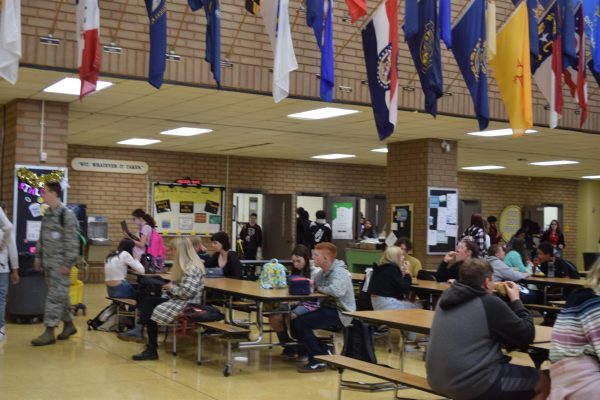OPINION: Helicopter Parenting Harms Kids
Helicopter parenting is when parents are overly focused on their children, and are constantly afraid of something bad happening to them. On the other hand, free range parenting is when parents don’t parent out of fear, and give their children a lot of independence. People need to stop helicopter parenting; there is a compromise between free-range parenting and helicopter parenting, which leaves room for the child to be independent and learn how to handle the hardships of real life.
Helicopter parents cause kids to struggle more when it comes to solving real-life situations and problems. Healthnews.com states, “When children aren’t given the space to struggle through things on their own, they don’t learn to problem-solve very well.” Life throws a lot of hardships at people, especially during adulthood, and never being able to learn how to handle these situations on their own will be conflicting and make it difficult to cope with the struggles. For instance if your parents judge every person you’re friends with and try to keep you away from certain people, how will the child know how to differentiate between good and bad friends?
Overprotective parents also can cause a lack of independence and freedom in kids. Helicopter parents tend to force their children into things that they may not agree with. The parents could claim it’s the right thing, even though their options may be based on their own opinions. The parents sometimes forget that their kid has a mind of their own. Children, of course, are supposed to obey their parents, but when it comes to certain decisions, a kid has to make, the child should be able to make whatever decision feels right to them, based on facts and advice from their peers and parents who try to guide and help them. For example, if parents decide not to give their kid screen time, as the kid gets older they should cut some slack on the screen monitoring. If they don’t, they may never learn how to be responsible with their own screens as adults.
Also, forcing children into things can cause defiance against parents, especially as the child gets older. “No matter one’s age, it is innate to desire freedom and needs without parents constantly interfering,” states the Healthnews.com article. As kids grow and get older, they start trying to become their own person, and become more independent. If their parents hold them back, they will most likely rebel against them in spite of that, and the relationship between the parents and their child can break. For example, parents sometimes force their children into a specific religion, or force them to go to church. A lot of kids tend to push away religion if they’re forced into it unwillingly.
Coddling parents typically add to the problem of being overprotective by criticizing their children for not doing everything correctly, and the constant struggle for the child to do everything right can be stressful. For example, some parents may be all over their child’s grades. In a New York Times article, Peter Gray argues that “the pressure and continuous monitoring and judgments from adults, coupled with the loss of freedom to follow their own interests and solve their own problems, results in anxiety, depression and general dissatisfaction with life.” Studies have shown that kids with overprotective parents have mental health issues such as anxiety, depression, dependence on their parents, even as adults, and even suicide ideation. Kids and teenagers who live in an overprotective household can feel like they’re being suffocated, and the parents leave no room for their kids to grow. Statistics state that 44 percent of teenagers in overprotective homes reported “persistent feelings of sadness or hopelessness,” according to The Washington Post. This is an increase from 26 percent in 2009.
Cosseted kids also can face alienation from their peers and friends, because their parents may not let them participate in activities their friends are partaking in or let them go out at specific times if they presume these outgoings to be dangerous. “The kids might prefer to preemptively isolate themselves to avoid the embarrassment of being checked on every five minutes,” a Forbes.com article says. This can greatly interfere with their child’s socialization and can cause a feeling of loneliness in the child, and a sense of being left out. Children can miss out on important experiences and can lack independence because of this. Some parents need to learn to trust their children more, especially by a certain age.
Some will say that giving their kids some slack will lead them to trouble. However, the consequence of the child becoming timid and unable to make independent decisions far outweigh the chance they will get into trouble because of their decisions. Yes, a child might fail because of a poor decision, but kids can learn from failure – and make better decisions in the long run. Parents should still worry and care for their children, but sometimes, a kid has to figure something out on their own. Forbes.com states, “This not only saves parents’ energy but also pushes the child to develop key life skills like risk-taking, being responsible for their own safety, and, most importantly, being open and authentic.”
If parents are too overprotective, it will affect the kid during their childhood and adulthood in many negative ways, which is why parents need to understand how to not smother their child, while also being there for them. For instance it’s best for parents to not pressure their kids into admitting their feelings to them, but instead let them have their space, making it clear that they’re there if their kids need to talk. “Now it’s time for us to realize that our hurt can become our kids’ hurt, and if we want to heal our children, that process may well start by seeking the help we need to heal ourselves,” the New York Times article says.

Lexy is a sophomore who took journalism and is now in the Media Club because of her love for writing. She is happy to write for The Native Voice because...


